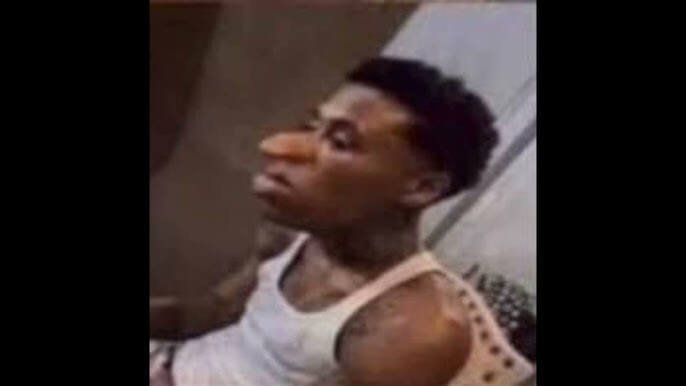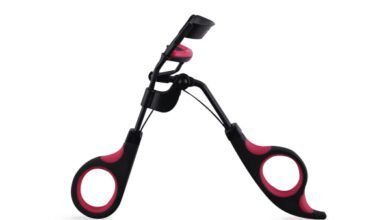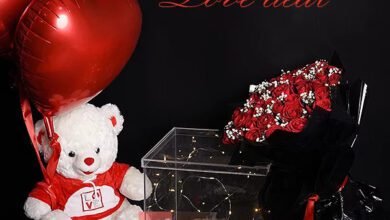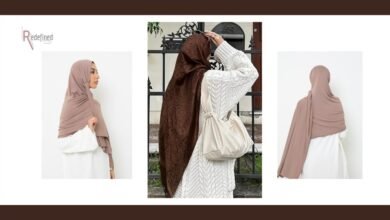In the ever-evolving landscape of internet culture, certain moments, names, or images capture the collective imagination of online communities. One such phenomenon is the story of Quandale Dingle. What began as an innocuous PC login screen featuring the name of a high school football player quickly spiraled into a meme of massive proportions. By the time the meme had reached its peak, it had already become a part of the ironic meme culture that dominates platforms like TikTok, Twitter, and YouTube.
The character of Quandale Dingle represents a fusion of absurdity, racial caricature (often criticized), and the internet’s ability to transform mundane details into viral sensations. This article takes a deep dive into the origins, spread, and impact of the Quandale Dingle meme, while also considering the ethical implications of how individuals, particularly Black men, are represented in this form of humor.
Who Is Quandale Dingle?
Quandale Dingle is a real person, a high school football player from Pennsauken High School in New Jersey. As part of the school’s football team, Dingle’s name was not widely known beyond local circles. That was until a viral screenshot of a login screen, displaying his name, appeared online. This moment, seemingly innocuous, would catalyze the transformation of Dingle from an unknown athlete to the subject of one of the internet’s strangest and most controversial meme trends.
The first known appearance of the screenshot was in a tweet posted in September 2021. The tweet featured a computer’s login screen with the words “Quandale Dingle” as the username, an unusual name that immediately caught the attention of meme creators. The uniqueness of the name and its odd placement on a computer screen became the meme’s hook.
The Meme Takes Off
September 2021: The Initial Tweet
The tweet that started it all garnered attention primarily due to the unusual nature of the name Quandale Dingle. It was an unusual combination of syllables that felt comical and, to many users, somewhat absurd. Twitter users began retweeting, commenting, and reposting the image across different platforms, laughing at the sheer randomness of the name’s appearance on a login screen.
The Spread of Quandale Dingle Memes
As with many viral memes, the Quandale Dingle screenshot did not remain isolated to Twitter. Soon, users on platforms like TikTok, Reddit, and YouTube began creating content surrounding Quandale Dingle, constructing an entire universe of absurdity around his name. By late 2021, people started using distorted and heavily edited images of Black men to represent Quandale Dingle in these memes. These images were typically warped or exaggerated in some way, creating a visual language that accompanied the name.
In addition to distorted images, Quandale Dingle became associated with text-based memes that parodied news headlines, often in the style of RapTV posts. These posts would feature ridiculous or nonsensical “news” about Quandale Dingle, making wild claims about his life and actions. The format became a popular template for TikTok creators, who began voicing these stories in exaggerated tones, adding to the absurdity of the meme.
The Aesthetic of Quandale Dingle Memes
Visual Representation
A significant portion of the Quandale Dingle meme trend revolved around distorted, exaggerated, and often unflattering images of people, specifically Black men. This visual representation combined with the bizarre name created an iconic, if not controversial, aesthetic. The use of such imagery has led to mixed reactions—while some users embraced the humor, others have pointed out the problematic racial undertones of using distorted images of Black men as the face of the joke.
The visual element of these memes often involves extreme facial expressions, stretched or compressed features, and low-quality images, which amplify the humor’s absurdity. However, this exaggeration also raises questions about whether the meme perpetuates harmful stereotypes. While many internet users see the memes as part of the broad genre of “goofy ahh” humor, which thrives on random and nonsensical content, others feel that it leans into negative racial tropes.
The “Goofy Ahh” Subgenre
The Quandale Dingle meme fits neatly into the “goofy ahh” subgenre of meme culture, a form of humor characterized by its reliance on randomness, absurdity, and nonsensical content. The “goofy ahh” style plays with exaggerated language, surreal imagery, and intentionally poor-quality edits to create humorous moments.
In the case of Quandale Dingle, the meme’s absurdity was heightened by the deliberate distortion of both language and imagery. Sentences would be written in fragmented or garbled ways, and images of “Quandale” would feature comical editing. Users leaned into this absurdity, with some videos showing bizarre, robotic voiceovers recounting Quandale’s “adventures.”
TikTok and Quandale Dingle
TikTok became one of the primary platforms where the Quandale Dingle meme flourished. Creators on the app began to upload videos mimicking the format of RapTV’s Instagram posts, inserting Quandale’s name and likeness into stories that were utterly absurd and impossible. For instance, there were TikTok posts “reporting” on Quandale Dingle’s crimes, odd life decisions, or bizarre health conditions.
In these posts, TikTokers often employed distorted voice effects or text-to-speech features to narrate stories about Quandale, further adding to the surreal tone of the meme. The humorous voices, combined with random, over-the-top descriptions, made the meme especially popular on the platform.
Some examples of Quandale Dingle TikToks include scenarios like:
- Quandale Dingle being a fugitive from the law
- Quandale Dingle committing nonsensical or petty crimes
- Quandale Dingle escaping from prison and engaging in outlandish activities
These TikToks expanded Quandale Dingle from being a simple name on a computer login screen to becoming a full-fledged character in the universe of internet humor.
The Ethical Dilemmas: Meme Culture and Racial Representation
While many internet users find the Quandale Dingle meme amusing, it has also sparked criticism for the way it represents Black men. The frequent use of distorted images of Black men in association with Quandale Dingle raises concerns about racial caricature and the perpetuation of harmful stereotypes.
The distortion of these images often exaggerates facial features in ways that harken back to offensive racial stereotypes found in historical depictions of Black people. While meme culture frequently traffics in absurdity and exaggeration, the specific use of these images has made some users uncomfortable, leading to debates about whether the Quandale Dingle meme is genuinely harmless humor or if it crosses a line into racial insensitivity.
It’s also worth considering the impact on Quandale Dingle, the person. While it’s not clear how Dingle himself feels about his sudden rise to meme fame, the viral nature of the meme means that his name is now permanently associated with this bizarre internet moment. The line between online identity and real-life repercussions is often blurry, and for some, this kind of unwanted attention can be invasive.
The Quandale Dingle Meme’s Place in Internet History
The internet has a unique ability to take small, mundane moments and transform them into viral sensations. Quandale Dingle’s name, while once just another name on a high school football roster, became a launching pad for a wave of internet creativity, irony, and absurdity. In many ways, the meme encapsulates the essence of modern meme culture—random, nonsensical, and highly exaggerated.
By 2022, the Quandale Dingle meme had reached its peak, with countless TikToks, YouTube videos, and Twitter posts all contributing to the growing lore around this absurd internet character. The meme’s popularity has somewhat waned since then, but its influence on meme culture remains clear. It’s another example of how internet culture takes ordinary things—names, faces, and moments—and turns them into something entirely unexpected.
Conclusion
Quandale Dingle is more than just a name on a PC login screen. Through the power of meme culture, he became an iconic, if controversial, figure in the world of internet humor. The meme’s absurdity, use of distorted imagery, and rapid spread across platforms like TikTok and Twitter made it an unforgettable part of meme history.
However, the ethical implications of the meme cannot be ignored. The use of distorted images of Black men in these memes has raised questions about the impact of such representations in a space where humor often relies on exaggeration and caricature. While many find the meme to be harmless fun, others see it as perpetuating negative stereotypes.
As with many viral internet trends, the Quandale Dingle meme is a reminder of the internet’s capacity to transform the mundane into the extraordinary, all while sparking conversations about how we engage with and represent real people in the digital age.
You may also read: The Pizza Edition




